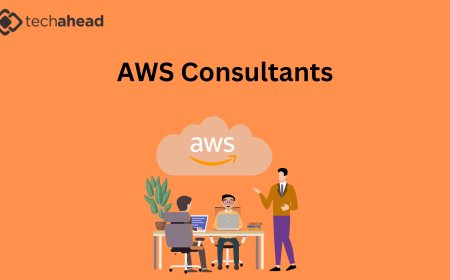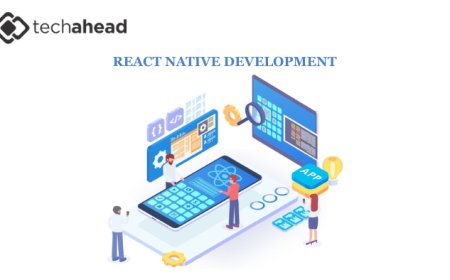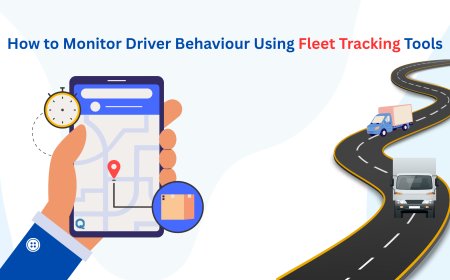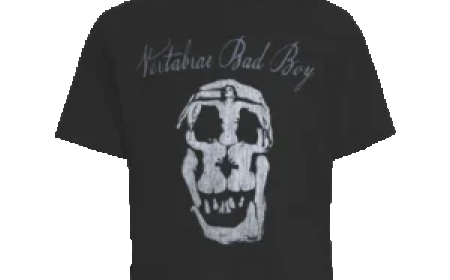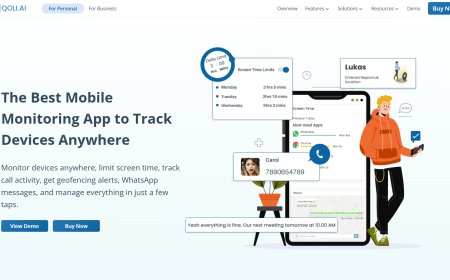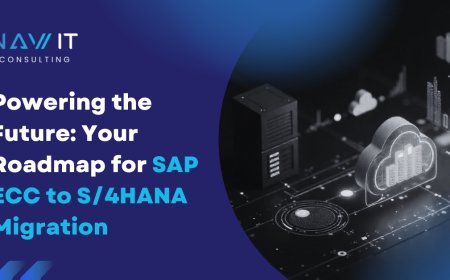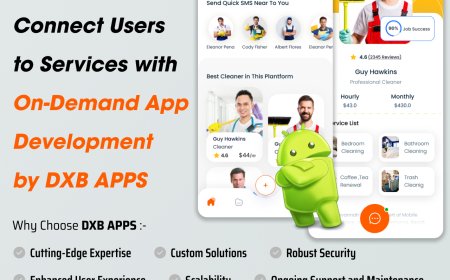Essential dApp Development Tools and Frameworks You Should Know
Explore the top dApp development tools and frameworks for 2025. Learn what every dApp development company uses to build secure, scalable decentralized applications.
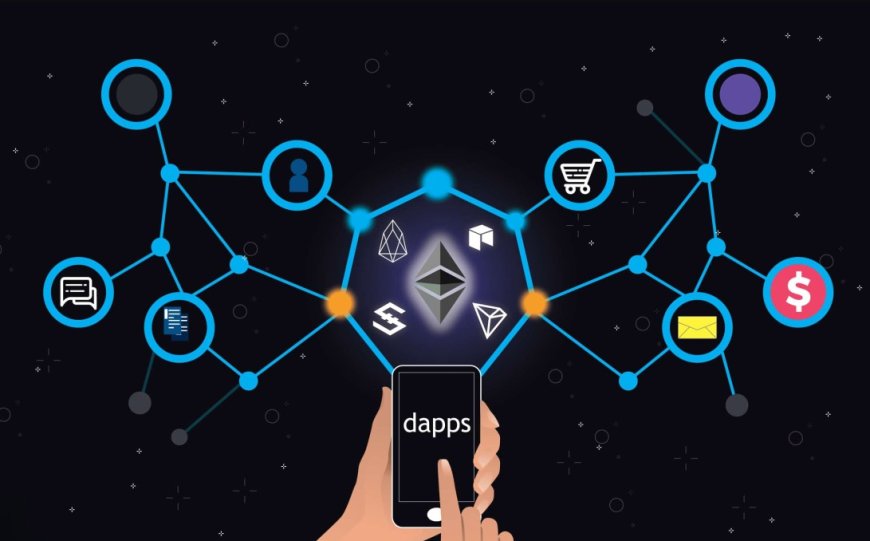
Introduction: Welcome to the Future of Decentralized Innovation
As Web3 gains momentum, decentralized applications (dApps) are becoming the building blocks of a more secure, transparent, and user-empowered internet. From DeFi and gaming to social media and supply chain, dApps are reshaping entire industries. But building these powerful decentralized tools requires a well-equipped tech stack frameworks, libraries, testing tools, IDEs, and smart contract languages working together in harmony.
Whether you're a startup founder or a dApp development company gearing up to deploy scalable blockchain solutions, having the right tools can mean the difference between success and setback. In this blog, well explore essential dApp development tools and frameworks that streamline development, enhance security, and ensure interoperability across blockchain ecosystems.
Why Choosing the Right dApp Tools Matters
Unlike traditional applications, dApps run on decentralized networks like Ethereum, Solana, or Binance Smart Chain. They require:
-
Smart contract integration
-
Blockchain-specific data handling
-
Security auditing
-
Testing on distributed nodes
-
Frontend and backend decentralization
Without the right tools, development becomes error-prone and inefficient. Thats why successful teams rely on robust environments built for decentralized architecture.
1. Top Smart Contract Languages and Compilers
At the heart of every dApp lies a smart contract. Writing them securely and efficiently is critical.
? Solidity (Ethereum, Polygon, BNB Chain)
-
Most widely used language for writing smart contracts on the EVM.
-
Works with frameworks like Truffle and Hardhat.
-
Supported by massive community documentation.
? Vyper
-
A Pythonic alternative to Solidity.
-
Focuses on simplicity and security.
-
Great for teams aiming to reduce vulnerabilities.
? Rust (Solana, Polkadot)
-
Powerful and performance-driven.
-
Essential for building high-throughput dApps like NFT marketplaces or DeFi exchanges.
? Yul & Huff
-
Low-level EVM-oriented languages.
-
Ideal for optimizing gas usage.
Compiler Tools:
-
Solc (Solidity Compiler)
-
Solang (for Solana & Substrate)
-
Cargo (Rust compiler for Solana-based apps)
2. Must-Have dApp Frameworks
Frameworks abstract away the complex parts of dApp development and let developers focus on building features.
? Hardhat
-
Popular Ethereum development environment.
-
Supports Solidity debugging, forking mainnet, and gas profiling.
-
Plugin ecosystem includes Waffle (testing) and Ethers.js.
? Truffle Suite
-
One of the oldest and most stable tools in the Ethereum space.
-
Offers smart contract compilation, migration, and testing.
-
Works seamlessly with Ganache (local blockchain).
? Brownie (Python-based)
-
Built for Ethereum, uses Python to write tests.
-
Popular among developers who prefer Python over JavaScript.
? Anchor (Solana)
-
Framework for Rust-based smart contracts.
-
Provides CLI tools and workspace management.
-
Strong security-first approach.
? Foundry
-
A blazing-fast Ethereum development toolchain.
-
Built in Rust but compiles and runs Solidity.
-
Gaining momentum for its performance and scripting power.
3. Testing Tools to Secure Your Smart Contracts
Testing dApps goes beyond just unit tests. You need simulation environments and static analyzers.
? Ganache
-
Personal Ethereum blockchain for testing dApps.
-
Fast and configurable with time manipulation tools.
? MythX
-
Security analysis for smart contracts.
-
Detects known vulnerabilities like reentrancy and integer overflows.
? Echidna & Manticore
-
Property-based and symbolic execution testing tools.
-
Used for fuzzing and deep contract vulnerability discovery.
? Tenderly
-
Real-time smart contract monitoring and debugging.
-
Offers simulation before executing a transaction on-chain.
4. Libraries That Power Interactions
Smart contracts are one side of the coin; the other side is how users interact with your dApp. These libraries bridge that gap.
? Web3.js
-
JavaScript library for Ethereum blockchain interaction.
-
Allows wallet integration, transaction signing, and more.
? Ethers.js
-
Lightweight alternative to Web3.js.
-
Cleaner API and great for modern dApp frontend development.
? web3.py
-
Python equivalent of Web3.js.
-
Used for server-side scripts, bots, and data analysis.
? IPFS (InterPlanetary File System)
-
Decentralized file storage system.
-
Essential for storing dApp assets like images, documents, and metadata.
? The Graph
-
Query protocol for indexing blockchain data.
-
Allows dApps to fetch data efficiently without querying entire chains.
5. Frontend Development Tools for Seamless UX
Even the most powerful dApp backend wont succeed without a smooth user experience.
? React + Web3/Ethers
-
The go-to stack for building interactive dApp UIs.
-
Integrates well with wallet extensions like MetaMask and WalletConnect.
? Next.js
-
A React framework with server-side rendering.
-
Boosts SEO and performance of public-facing dApps.
? Wagmi + RainbowKit
-
Modern libraries for easy wallet connections.
-
Built for Ethers.js and supports custom themes and connectors.
6. DevOps & Deployment Tools
Once your dApp is ready, deployment and updates need to be safe and seamless.
? Infura & Alchemy
-
Provide Ethereum nodes as a service.
-
Reliable for mainnet interactions, especially in production.
? Moralis
-
Web3 backend infrastructure as a service.
-
Offers authentication, storage, and cross-chain APIs.
? IPFS & Filecoin
-
For decentralized hosting.
-
Essential to maintain dApp decentralization and avoid centralized points of failure.
? Chainlink
-
Industry-standard oracle provider.
-
Connects dApps to external real-world data (price feeds, weather, etc.)
? Biconomy
-
Enables gasless transactions, multi-chain compatibility, and seamless UX.
7. Tools for Team Collaboration & Developer Productivity
Working with a dApp development company or a distributed team? These tools streamline collaboration:
-
Remix IDE: Web-based IDE for Solidity with live compilation and deployment.
-
GitHub/GitLab: Version control with issue tracking.
-
Fleek: Deploy dApps directly from GitHub to IPFS.
-
Trello, Jira, or Notion: Agile project management.
-
OpenZeppelin Contracts: Audited library of smart contract standards (ERC-20, ERC-721, etc.).
Midway Insight: Why You Need to Hire dApp Developers
Choosing the right tools is only half the battle. Implementing them efficiently requires skill and domain knowledge. Thats why many startups and enterprises hire dApp developers with deep expertise in blockchain architectures, security protocols, and smart contract development.
Outsourcing to professionals accelerates go-to-market timelines, reduces the risk of bugs, and ensures regulatory and security compliance from the get-go.
8. Multi-Chain Development and Cross-Platform Integration
Todays dApps need to operate across multiple chains. Here's how to do it:
? Chain Agnostic SDKs
-
Tools like ThirdWeb, Moralis, and QuickNode offer multi-chain support.
? Cross-chain Protocols
-
LayerZero, Axelar, and Wormhole enable messaging and value transfer across blockchains.
? Meta Transactions
-
Allow users to interact with dApps without holding native tokens.
-
Gelato and Biconomy are leading services.
These tools expand dApp reach and make onboarding easier for new users.
9. Security Audit & Compliance Tools
Security breaches can cost millions and destroy user trust.
? CertiK, Hacken, and OpenZeppelin Defender
-
Provide automated and manual security audits.
-
Detect vulnerabilities and simulate attack scenarios.
? Slither & Securify
-
Static analysis tools for Solidity contracts.
Integrating security tools from the early stages ensures cleaner and attack-resistant code.
Blockchain Development Services for Scaling Your dApp
As your application grows, you may need to extend it with features like staking, tokenization, governance modules, or DAO integrations. That's where Blockchain development services become essential.
These services provide:
-
Custom protocol implementation
-
Layer-2 integration (Arbitrum, Optimism)
-
DAO frameworks (Snapshot, Gnosis Safe)
-
Advanced scalability through rollups or sidechains
-
Real-time analytics and dashboards
Working with full-service partners helps businesses avoid fragmented solutions and ensures technical scalability.
Final Thoughts
Navigating the decentralized ecosystem requires more than just a great idea you need the right development tools, frameworks, and skilled professionals. As we advance into the next wave of Web3 innovation, adopting modern dApp development stacks is essential to stay competitive, secure, and scalable.
Whether youre building on Ethereum, Solana, or launching a cross-chain platform, this toolkit will serve as your foundation. The combination of open-source power, developer-centric frameworks, and third-party integrations creates a path to build robust, secure, and user-friendly dApps.











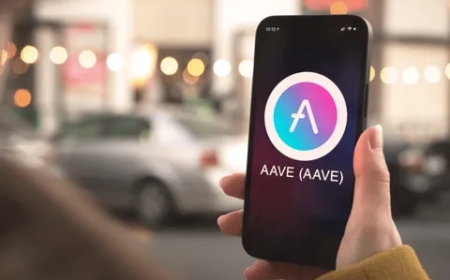




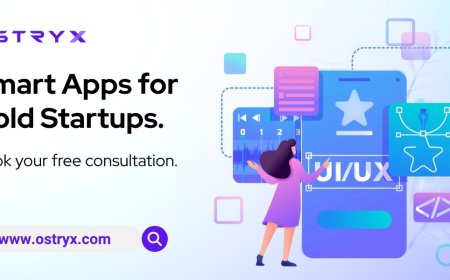


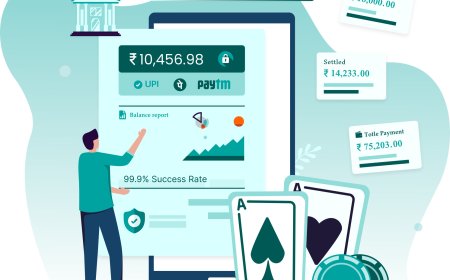

![Top 11 Real Estate Mobile App Developers in Riyadh, Saudi Arabia [2025 Edition]](https://www.philadelphialivenews.com/uploads/images/202506/image_430x256_68621a9e48997.jpg)

